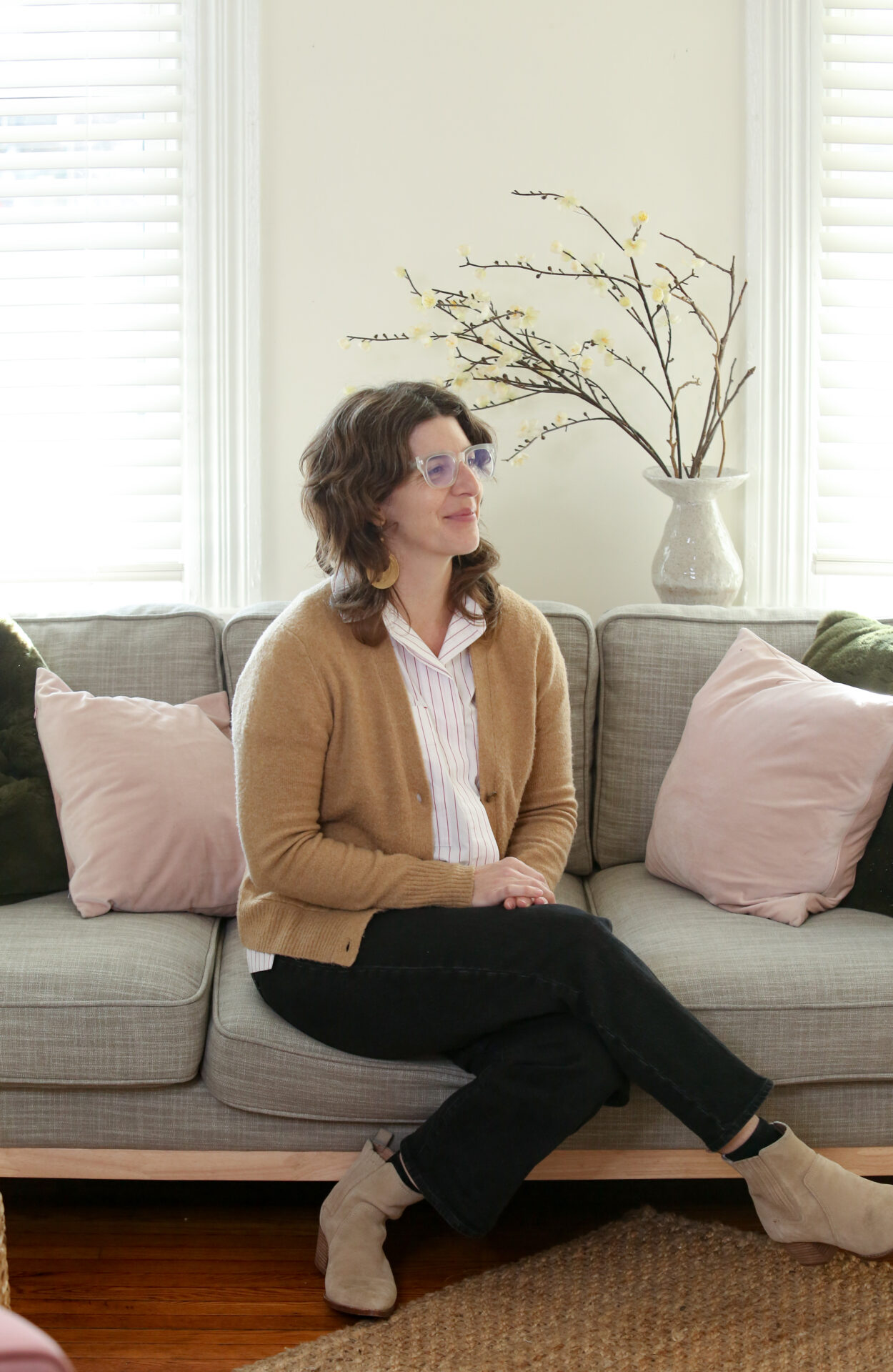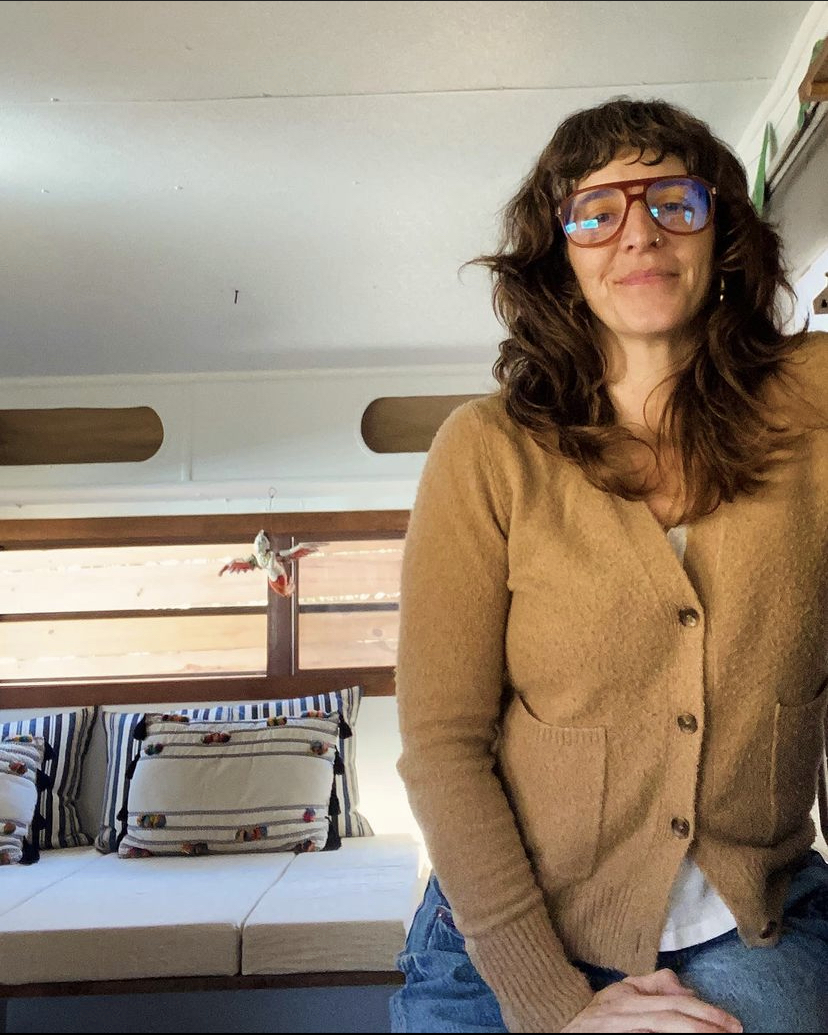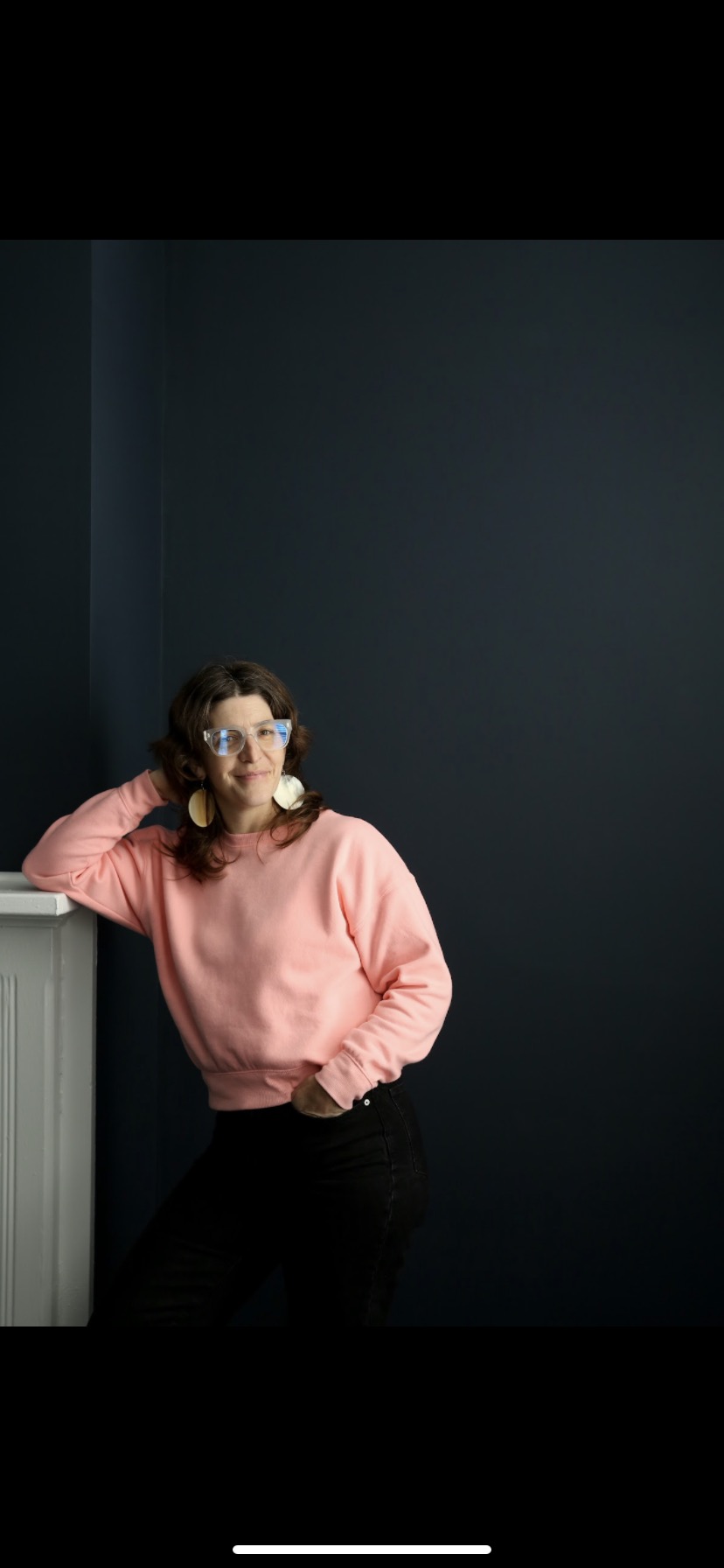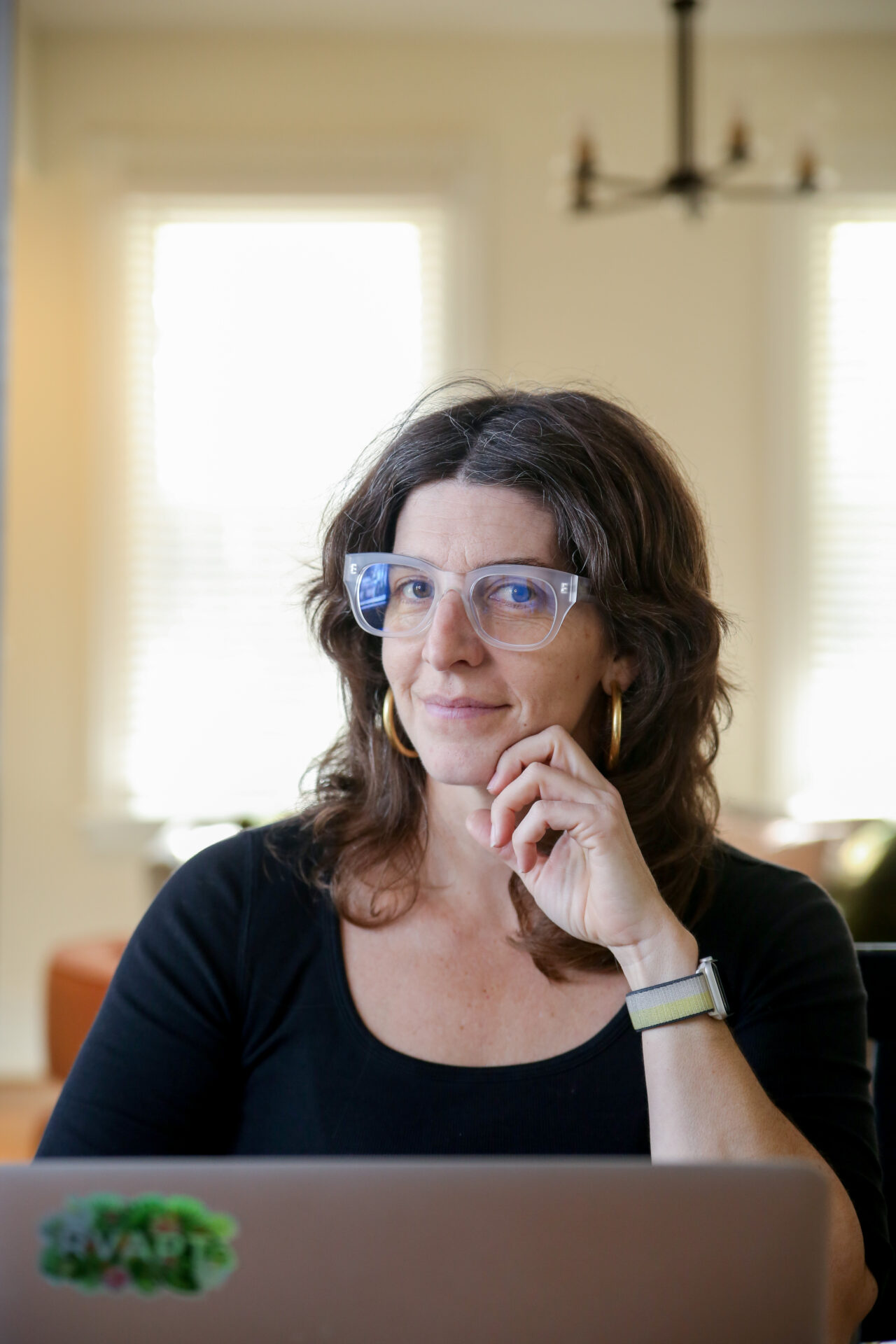We were lucky to catch up with Ellie Burke recently and have shared our conversation below.
Ellie, we are so deeply grateful to you for opening up about your journey with mental health in the hops that it can help someone who might be going through something similar. Can you talk to us about your mental health journey and how you overcame or persisted despite any issues? For readers, please note this is not medical advice, we are not doctors, you should always consult professionals for advice and that this is merely one person sharing their story and experience.
My personal journey with mental health has dovetailed with my career as a holistic life coach and mediation teacher and that process has been both the motivation and the discipline needed for maintaining my overall wellbeing.
In my late teens and early 20’s, I navigated, mostly on my own, an undiagnosed mental health condition — mostly willing my way forward. At the time, I was able to wing it since I didn’t have any major responsibilities outside of myself and I was able to hold down various jobs and maintain some stable friendships. However, everything collapsed after I gave birth to twins and suffered from an undiagnosed/untreated postpartum mood disorder made worse by 10 months of sleep deprivation.
The suffering increased until I began to harm myself and I became fearful that I would end up unconsciously harming my children. And that was my turning point– something in me refused to let myself cause harm to them even though I was willing to let myself decline and hurt. It became crystal clear that I could not and would not let my pain spill out onto them and that I needed help.
This began my journey of seeking support. I began working with my meditation teacher and, simultaneously, working with my psychiatrist. I began, in earnest, to explore mental health and wellbeing and how it is connected to physical and emotional health. I started taking medication to stabilize my brain and I began prioritizing the absolute basics – like getting enough sleep and staying hydrated; meditating and getting some form of daily exercise; spending time outside.
As I gained balance, psychologically and physiologically, I was able to begin a deeper work of learning about myself through my meditation practice; to begin to understand and heal aspects of myself that were contributing to my mental health issues. This journey toward holistic wellbeing is ongoing and as I’ve navigated it I have developed a deeper and deeper trust in myself–in my capacity to notice what’s needed and to take steps and place boundaries in order to make those things happen.
So, in many ways, I feel that the journey itself is what has created the fire that fuels persistence, the capacity for resiliency, the trust that I can and will meet myself and life.
Thanks for sharing that. So, before we get any further into our conversation, can you tell our readers a bit about yourself and what you’re working on?
I am a Certified Life Coach and Meditation & Yoga Teacher with a Master’s degree in Education. In my work with clients and students, I draw together my knowledge of learning philosophies and methodologies, human development and life coaching techniques with my decades of experience in the mind-body field of yoga and meditation. All of my work is anchored in and guided by my own lived experience working with and understanding awareness-based self-discovery tools, coaching methods, as well as how holistic wellness impacts one’s physiological, emotional and mental wellbeing.
I have the unique ability to help individuals identify deeply unconscious patterning and to help them make connections they haven’t otherwise made in other forms of self-development or self-discovery work. I am extremely pragmatic and work to make what feels like out-of-reach, inaccessible understandings accessible and relevant.
With a waitlist for my 1:1 coaching, I have been growing my group coaching work. Group coaching is intentionally designed for individuals who are looking to make a specific, tangible change in their lives and want highly-individualized coaching that is meaningful and unique to them while having the game-changing support of others on a similar path. It also reduces the individual investment making it more financially accessible.
There is so much advice out there about all the different skills and qualities folks need to develop in order to succeed in today’s highly competitive environment and often it can feel overwhelming. So, if we had to break it down to just the three that matter most, which three skills or qualities would you focus on?
1) Learn the rules in order to break them I was taught, early on, that it was critically important to take seriously the learning of the rules of a subject. But, then, once learned, to break the rules. The greatest forms of art are made in this way and life is no different.
2) Mind-body connection
I’ve spent over 2 decades steeped in learning and teaching about the mind-body connection. One of the most powerful things this has brought into my life is the awareness of how our thinking and beliefs impact and live in our bodies. The practice of being able to discern what’s true from what is unconscious habit existing in the mind and/or body has been a total game-changer for me.
3) Meditation
A dedicated practice which has allowed me to develop the art of living from a place of *not knowing,” allowing me to meet the conditions of life from a place of open possibility versus staying in the very limited space of what I already know.
We’ve all got limited resources, time, energy, focus etc – so if you had to choose between going all in on your strengths or working on areas where you aren’t as strong, what would you choose?
Neither! Or, I should say, both! I think that it’s important to look at why our strengths are our strengths and, perhaps, why we aren’t as strong in other areas. I also think it’s important to explore if and why we might be wishing to develop other strengths and who that would be serving.
Often our “strengths” come from one of two places – either we have a natural aptitude or capacity that lends itself to those strengths OR we have, from a very young age, developed tendencies toward those strengths and away from others because of more deeply held beliefs about ourselves. There’s nothing wrong with leaning into our “natural” strengths. But it’s important to also explore the possibility that we do, in fact, already have potential for other things. Self-doubt, imposter syndrome, self-criticism and fear can hold us back from fully being who we are and can diminish the actualization of other strengths.
I have found that most, if not all, of my clients already have the exact internal skill set (strength) they want but feel like they are lacking. In our work together, we identify where that skill/strength is already alive in their lives, we drill down to access what they need to understand about it and themselves in relationship to it so that they can apply it in other areas.
An important question to ask oneself before deciding to go all in on their strengths or to try to be more well-rounded by developing other areas is “why do I want to do this and who does it serve?” If the answer is based in one’s fulfillment in and sense of connection to work and life, then I’d encourage them to zero in on whichever path leads them there. If the answer is based more on what other people want, external expectations that aren’t tied to one’s internal goals, or simply because “I should,” then I’d encourage them to question those motives. Ultimately, we won’t follow through or grow more holistically if it’s not connected to one’s authentic experience of themselves.
Contact Info:
- Website: https://ellieburke.life
- Instagram: https://www.instagram.com/ellieburke.life/
- Linkedin: https://www.linkedin.com/in/ellie-burke-life/
- Other: https://ellieburke.substack.com



Image Credits
Jacqui DePas / by Jacqui Photography




